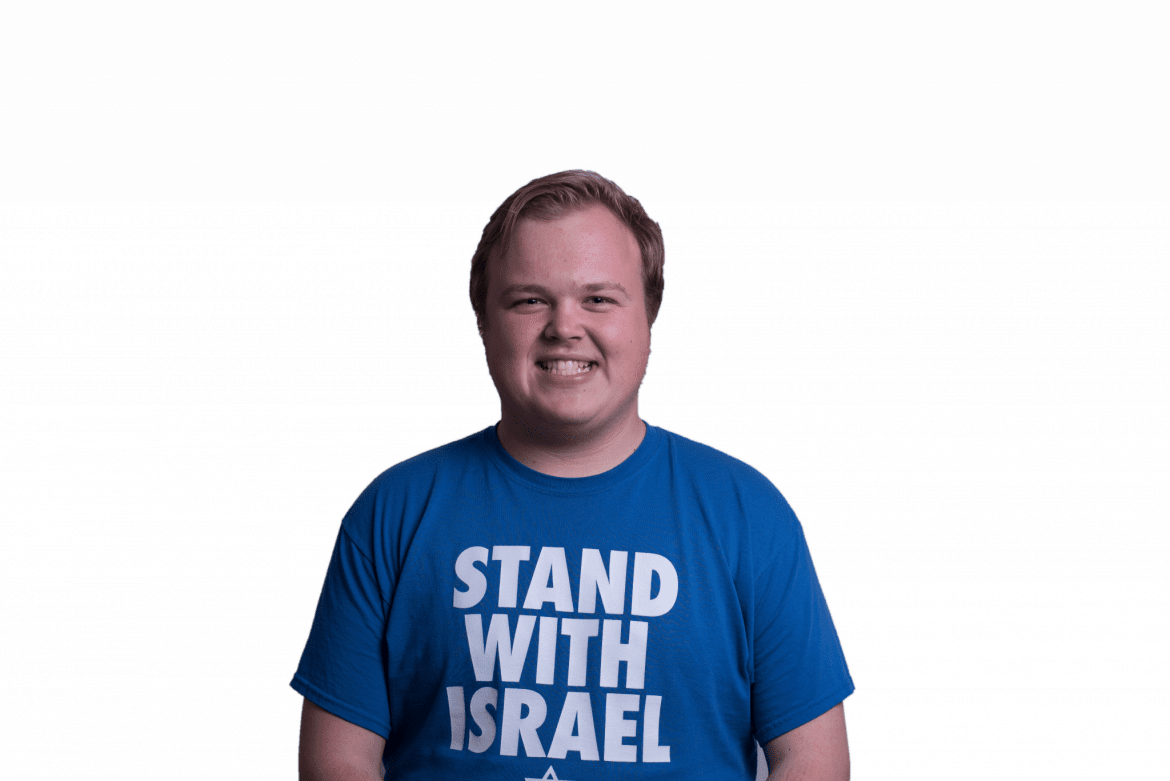Since the recent chemical attacks in Syria, the U.S., along with its French and British allies, has launched 58 tomahawk missiles into Damascus at Syrian military bases and government-held facilities. As the Syrian Civil War has begun dying down without coming close to ending, the question remains: what do we do now? I’ve pondered this question, and as a person who loves analyzing the Middle East, I can’t think of a solution to this issue.
My biggest concern in all of this is for our fellow brothers and sisters in Christ, who now number fewer than a few thousand since the start of the war. Many Christians either fled or stayed and created Christian militias such as the Ninevah Plains Protection Unit (NPU) to protect the thousand-year-old churches in the predominately Aramaic and Chaldean Christian areas of northern Syria. This is one of the many Christian militias that was formed in the beginnings of the Islamic States’ rise to power in Syria and Iraq.
The second group I’m worried about is the Kurdish people. The Kurdish people, who are predominately Muslim, are a minority in both Syria and Iraq, who’ve claimed a large part of land known as Kurdistan, which is made up of four Middle Eastern countries. They are one of the many coalition groups that have fought ISIS and other groups since 2014 and are the biggest group that has helped push ISIS militants out of Iraq and parts Syria, even though many militants are still active across the region. As General Joseph Votel, the commander of U.S. Central Command said recently, “They’re the most effective force on the ground in Syria against ISIS.” They’re under fire, not just by Assad, but by Turkey, who considers them a group of terrorists and has recently attacked the Kurdish dominated town of Afrin in northern Syria.
Too many factors are put into play here as Assad, backed by the U.S.’s longtime rival, Russia, is accused of bombing his own people but claims by the Syrian government that the Syrian rebels even had some chemical weapons at hand, but Syrian news can’t be 100 percent trusted because it’s monitored by Bashar Al-Assad himself.
We can’t forget that Israel is now thrown into the mix along with Iran, who, according to The New York Times, accused Israel of bombing the Syrian base T4 on Monday, April 9. Russia has also made these allegations. Israel has not come out about this, as the videos that have been leaked of the attack are too dark to see, but fighter jets can be heard in the background. However, a few weeks ago, Iran sent a drone through Syria into Israeli airspace, violating Israel’s regulations, and this drone was shot down. In response, Israel launched an attack against Syria. So far, Israel has been very quiet when it comes to Syria. Israel has given refuge to thousands of injured Syrians since the beginning of the brutal war; however, it seems few have recognized this.
In regard to the coalition of missile attacks, which were all conducted by the U.S., United Kingdom and France, I can’t tell if this is good or bad. President Trump tweeted a few days ago that the mission was a success; but just recently, ILTV, a news outlet in Israel, announced that Syrian and Russian officials claimed that the missile strikes weren’t successful, and many of the missiles were shot out of the sky. Israeli officials also reported on ILTV that Assad still has about 10 percent of his stockpile of chemical weapons at hand, so it’s still unclear if the strikes were successful or not. I trust Israeli news over government-based Syrian news any day, but even Israelis aren’t sure if any of this was smart or not.
Many on both sides of the political aisle in Washington D.C. agreed that this was a good move, but there are still many who disagree. Tucker Carlson, a news correspondent with whom I agree most of the time, recently weighed in with his thoughts about all of this on his nightly show on Fox News. He was very critical of the President’s decisions and claimed there were other issues in the Middle East, like the massive humanitarian crisis in Yemen (in which he blamed the Saudis, but I completely disagree) and many other problems that are yet to be fixed, like Iraq. After the overthrow of dictator Saddam Hussein in the Iraq War of 2003, the U.S. military has always had a presence in Iraq. Not until 2011 did they pull out as a part of former President Obama’s plan, but many issues followed, starting with the corrupt leadership. Then the Islamic State grew and brought havoc into Iraq and Syria, killing thousands from all minority and majority groups. Now that ISIS is out of Iraq, the country needs to begin reconstruction from years of conflict.
I know this is all very confusing, and many can’t wrap their heads around this migraine of a conflict. That is why I want us as believers to understand what’s going on in the most complicated region in the world and how that affects our fellow brothers and sisters in Christ. Seeing all these news headlines, it can be difficult to follow, but the one question I keep asking myself is: what do we do now? I don’t have the answer, and I don’t think anyone does, but by the grace of God, all this chaos will stop soon.
Written by guest writer Lew Knapp
